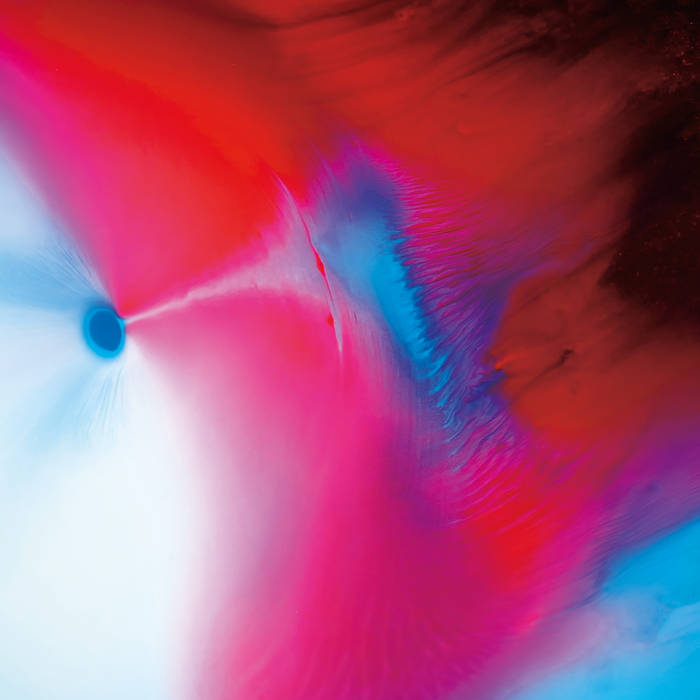Floating Points often induces a ‘madeleine moment’ for me, transporting me back to a dimly lit, subterranean room on Curtain Road in Shoreditch where music was the binder that fizzed between you and strangers. Strangers that became your friends by the end of the night – minimal words needed. The now long-gone Plastic People was where Floating Points spun alongside Four Tet and Theo Parrish. Fast forward to today, and producer Sam Shepherd, the name behind Floating Points, is back in his electronic wheelhouse with his latest album, Cascade.
Shepherd produced Cascade in tandem with scoring a ballet for the San Francisco Ballet depicting the myth of Pandora in an age of AI. It might seem leftfield but Shepherd is hard to pigeonhole, having previously collaborated with the late veteran free-jazz saxophonist Pharoah Sanders on Promises. After completing his PhD in neuroscience, he released his first album Elaenia, where electronica fused with live instruments to create a medley of post-rock and jazz fusion. His 2019 album, Crush, saw the reemergence of a purer electronic guise in which he teetered between destructive and subdued. A reflection of a toxic environment at the time – Brexit and, across the pond, a deranged orange man on the brink of starting Armageddon.
Cascade is presented as a continuation of Crush but shifts in emotional texture. It embraces a sense of euphoria and inspiration instead. The opening ‘Vocoder’, released a few years ago as a single, now comes revamped as a fatter club mix. It’s tinged with UK garage and the extended run-time, like most of the tracks here, ensures ample room to play around. Chopped-up vocals swirl you around until a blazing drop a quarter of the way in, where hi-hats are in overdrive and endorphins are surging.
Throughout Cascade, Shepherd takes inspiration from his hometown Manchester – like on ‘Key103’, which is named after a Mancunian underground radio station. He cites the station as having expanded his knowledge beyond the classical composers he had studied at Chetham’s School of Music. The track capitalises on your fast heart rate from ‘Vocoder’, throwing you straight into a pounding kick drum. But it is slightly formulaic in its club appeal, departing from any expectations you may have had from Crush. ‘Birth4000’ comes as an unexpected gift. Donna Summer’s ‘I Feel Love’ is deftly crafted into a modern club track and feels the aural equivalent of sweets and shimmering confetti raining down on a dancefloor.
Beginning softly, ‘Fast Forward’ builds kaleidoscopic walls around you with each tinkering of its modular synth. You’re propelled into a kind of atmospheric haze until you’re swept into a techno-fuelled pace for a few minutes, before dissolving in further floaty tesselations.
An otherwordliness that is unique to the harp starts off ‘Ocotillo’. Its mesmerising strata of sound, nods directly back to Crush, in which many of those tracks featured similar experimentalism, almost echoing the spirit of Aphex Twin. The track submerges you in its wall-to-wall oscillations until it brings you back up into a primaeval cave where industrial beats ricochet off its stony walls. Ambient delicacy then draws the album to a close on ‘Ablaze’.
Cascade is a unified and more straightforward album from Floating Points, made for those looking for dancefloor elation. Like the beautiful live painting visuals created by Akiko Nakayama for some of the album videos, the mood on this album is one of letting go and embracing a journey into revelry.


